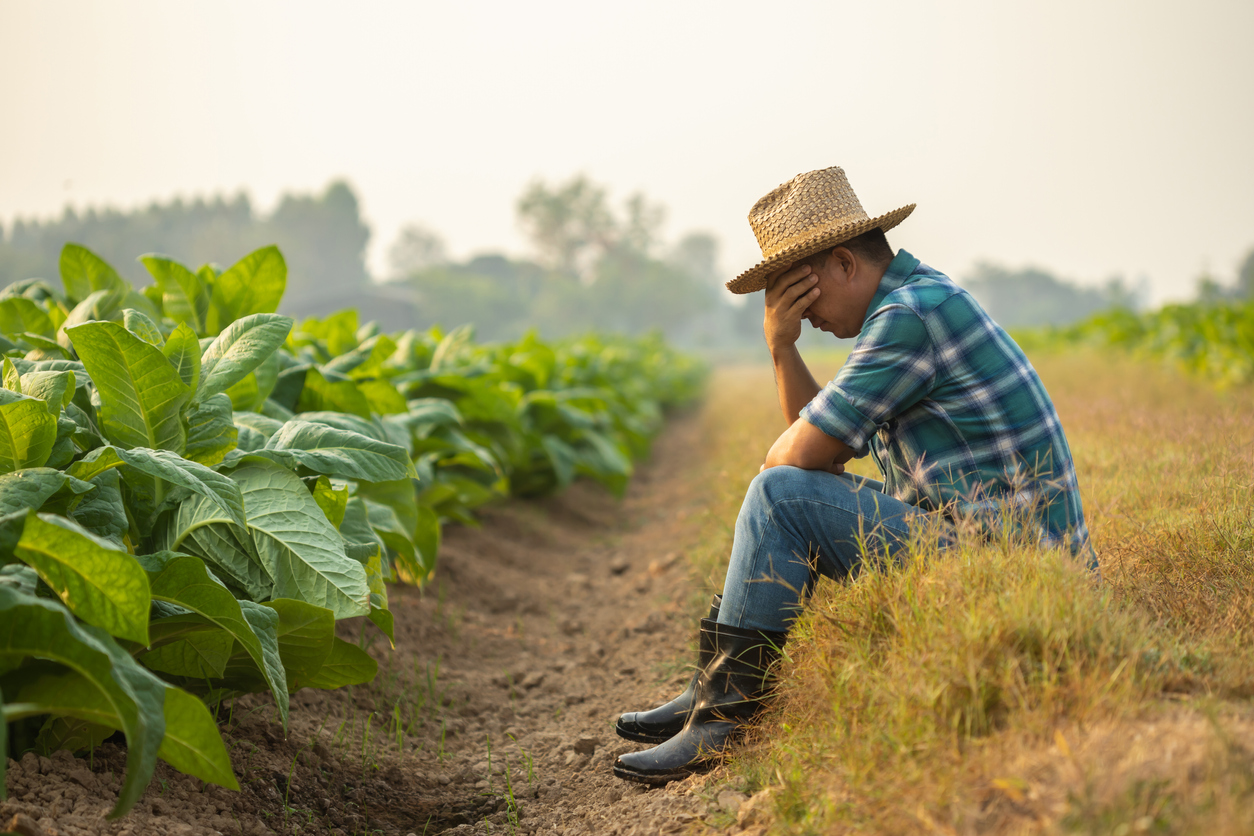Related Articles
The trade war with China is costing households in Washington $2.4 billion per year.
That’s the finding of the State of Washington Department of Commerce, which released an update on international trade and its effect on our state. The results from the update are enough to make even seasoned followers of the tariff tit-for-tat cringe.
To give some context, Washington state is the most trade-reliant state in the country with approximately one-third of jobs in our economy depending upon trade. Our top five trade partners are China, Canada, Japan, South Korea, and the United Kingdom.
In October, the U.S. and China reached a “phase one” agreement in principle to slow the tariff war between the two countries. However, there has been no movement toward signing an agreement. In the meantime, Dec. 15 marks another tariff hike on Chinese goods to the U.S. The trade dispute with China began in March 2018.
Not surprisingly, many of the tariffs have had a strong effect on the agricultural sector in Washington state. There are approximately 36,000 farms in our state and agriculture is second only to aerospace in driving the economy of Washington.
The impacts on farmers include a decline of 32 percent in fresh seafood, 16 percent in fruit, 94 percent in wheat/cereal grains, 22 percent in hay, 14 percent in processed fruit and vegetables, and 75 percent in dairy products. Those declines translate into a 24 percent total decline in agricultural exports and a decline in economic value of $259.7 million.
Other sectors are suffering from increased tariffs. There was an 83 percent decline in exports of iron and steel, a 70 percent decline in mineral fuels and oils, and a 23 percent decline in electrical machinery and equipment among other declines.
The total economic value of non-agricultural goods lost to retaliatory tariffs was $621 million as of the end of August. The total decline of exports targeted by China was 67 percent for the year.
Market fears have also slowed or cancelled investments in Washington including the cancelation of a $10 million wine purchases, the cancelation of a $50 million manufacturing facility, and the slowing or delaying of employment by tech companies in Washington state.
Farmers and other exporters are struggling to determine where the U.S. fits in the new trade landscape with China. During the last 20 months, China has increased tariffs from 8 percent to 25.9 percent while lower tariffs with other countries from 8 percent to 6.7 percent.
Washington residents should advocate for ratification of the USMCA (the new NAFTA), strong relationship-building forays with other trade partners including Japan, South Korea, and the United Kingdom.
It isn’t just farmers who need a resolution to the tariff war, it is all Washingtonians.





